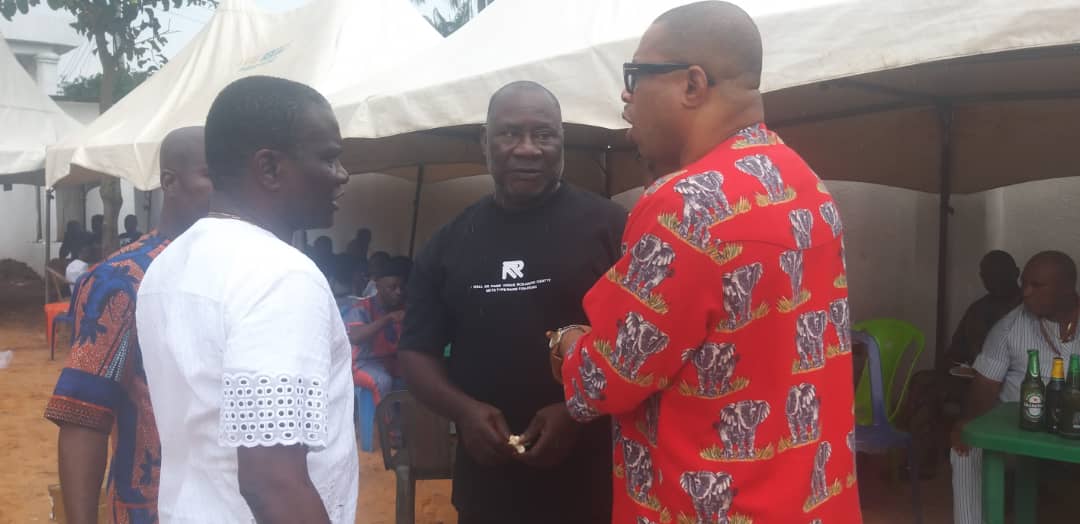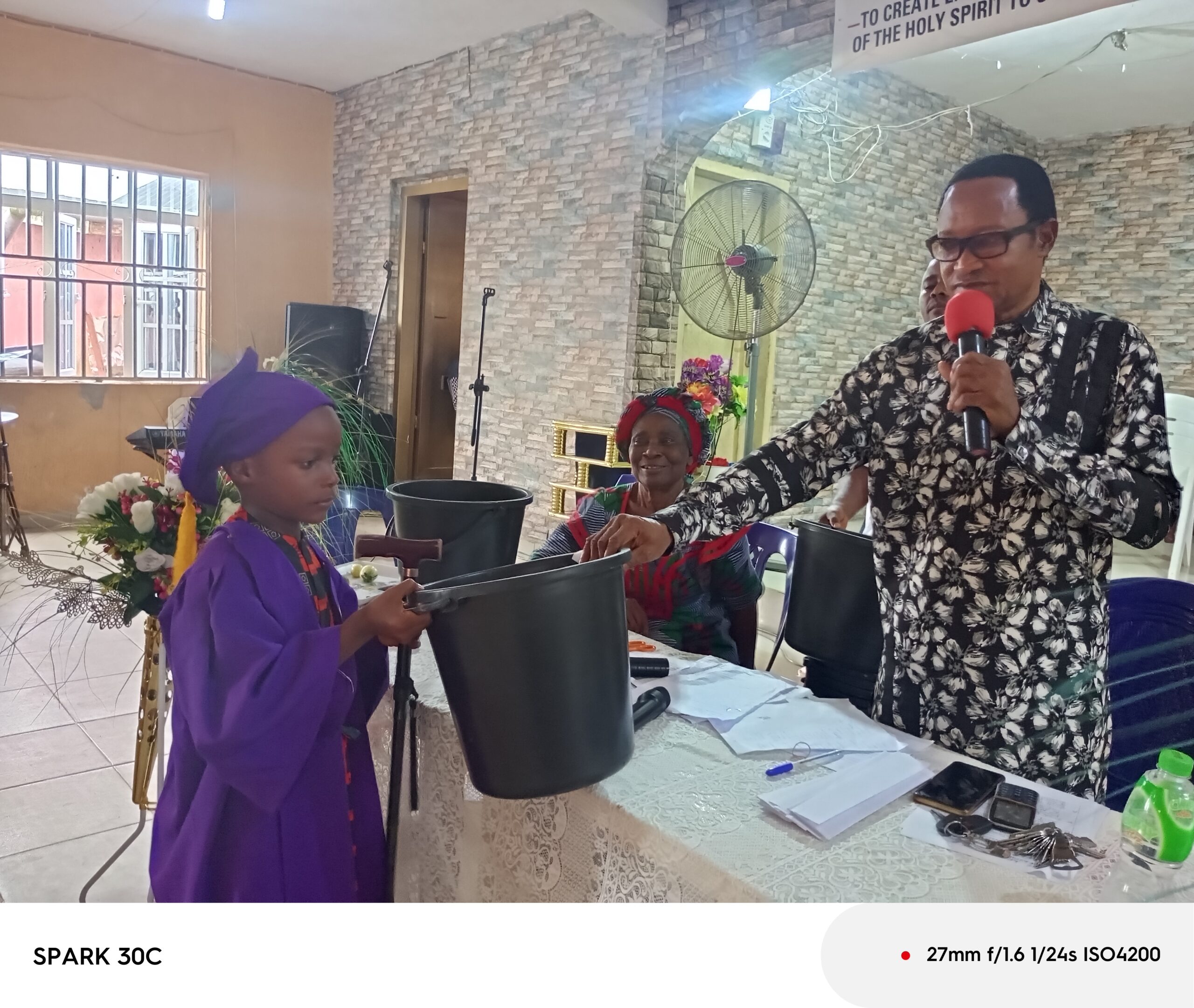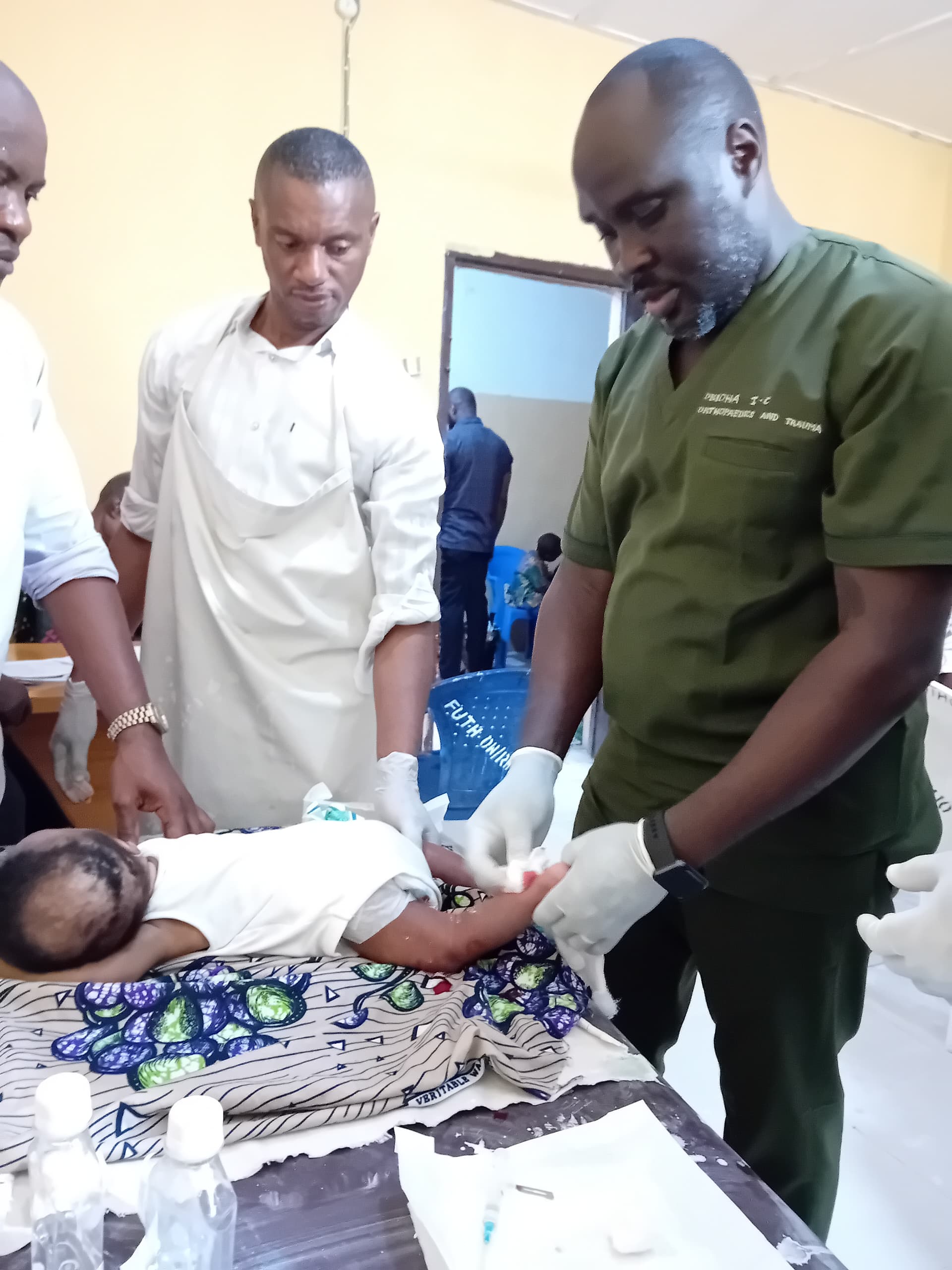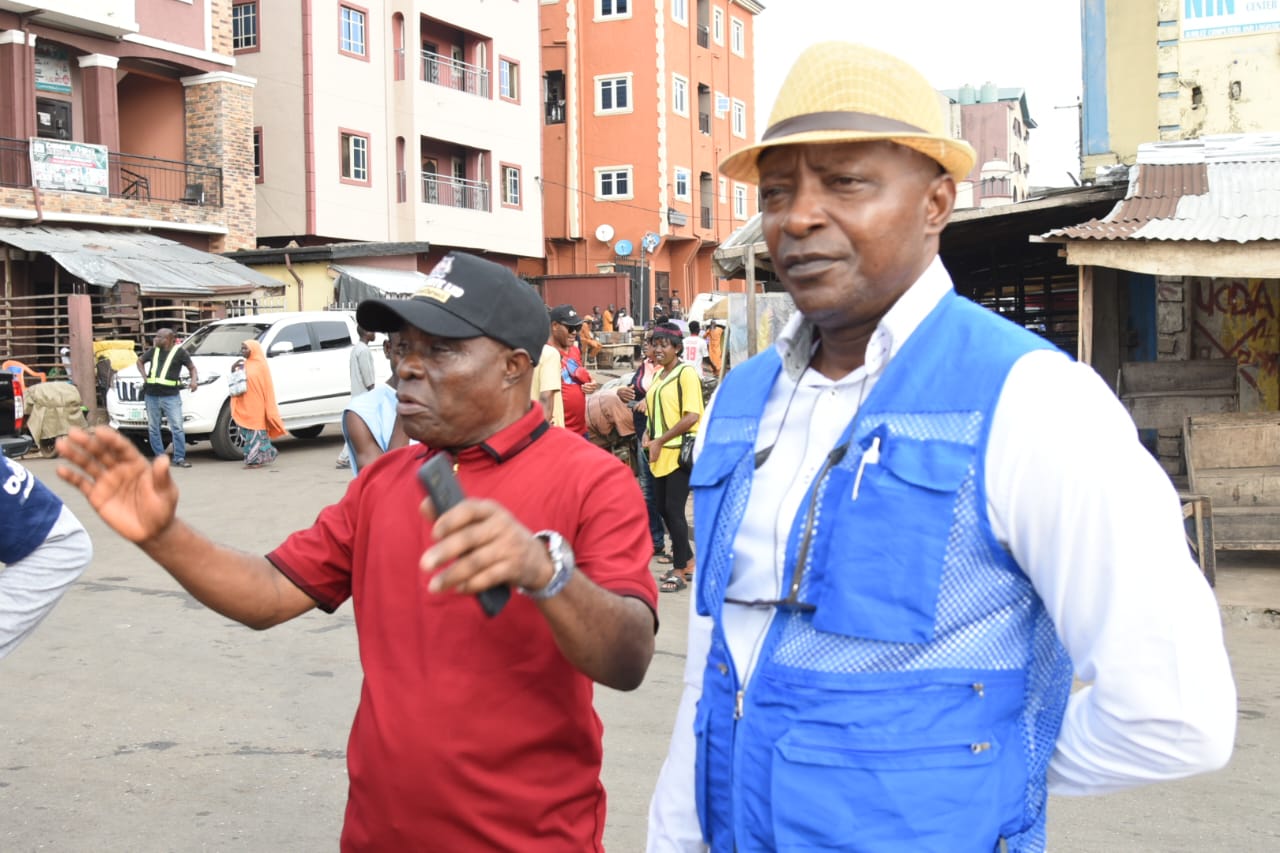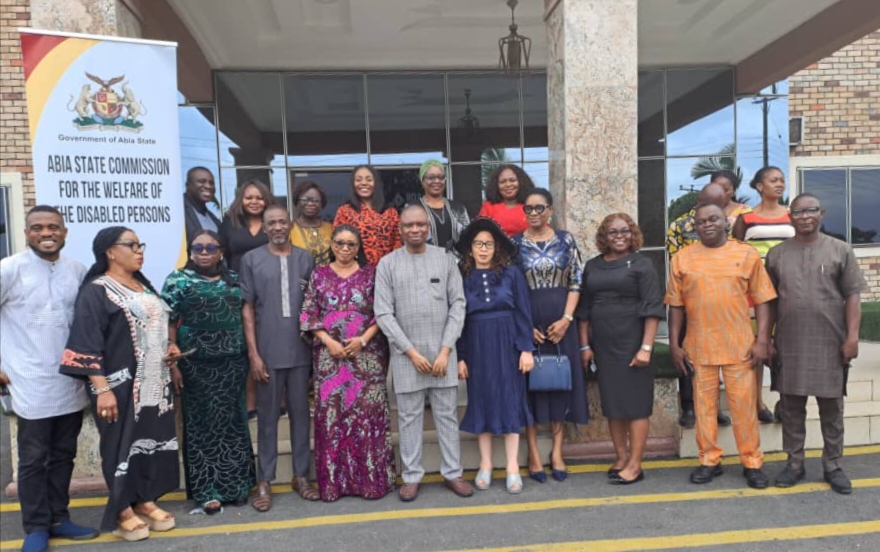
From TCNEWS
In a decisive move to foster inclusivity and uphold the rights of persons with disabilities, the Abia State government has directed that all public buildings must be made accessible, including the installation of elevators equipped with braille and audio support.
This directive was emphasized during a one-day capacity-building workshop organized by the Abia State Disability Commission in Umuahia. The event, themed around the implementation of the Abia State Disability Law and inclusive governance, brought together key actors from the civil service, particularly permanent secretaries who were urged to champion disability inclusion in their respective ministries, departments, and agencies (MDAs).
David Anyaele, Chairman of the Abia State Disability Commission, who led the engagement, declared that the State is committed to removing physical, attitudinal, and institutional barriers that hinder the full participation of persons with disabilities in public life.
“The real agents of sustainable change in government are the permanent secretaries. Governors, commissioners, and political appointees may come and go, but permanent secretaries remain, and they drive implementation,” Anyaele stated.
He revealed that the Commissioner for Lands, Chaka Chukwumerije, has already commenced work on upgrading the Abia State Workers’ Secretariat and other government buildings to align with accessibility standards. These upgrades include installing elevators with braille and audio features, constructing ramps with handrails, and ensuring the provision of accessible toilets.
The Commission also intends to designate priority parking spaces for persons with disabilities in public buildings, with penalties for violators.
Anyaele highlighted various barriers encountered by persons with disabilities, including: Communication barriers for the deaf and intellectually disabled, environmental barriers due to inaccessible infrastructure, institutional and attitudinal barriers, such as exclusion from policy-making and public services.
He appealed to the permanent secretaries to appoint disability focal persons in every ministry and ensure that disability inclusion is factored into annual budgets and planning processes.
“Disability inclusion should not be a favor; it is a legal and moral obligation. Public buildings must serve every citizen, and laws must be implemented not just on paper but in action,” he added.
Representing the Rule of Law and Anti-Corruption (RoLAC) programme, Onyedikachi Odi, speaking on behalf of Coordinator Mr. Peter, applauded the state’s proactive stance. He stressed that the Abia State Disability Law provides a vital framework for inclusive development and governance.
“It is your collective responsibility as leaders to ensure that no one is left behind. Disability-inclusive budgeting and planning are central to building a just and equitable society,” Odi remarked.
This development marks a significant leap forward in inclusive governance in Nigeria, positioning Abia State as a model for disability rights implementation in the region. By placing responsibility squarely on career civil servants, permanent secretaries the initiative ensures policy continuity and meaningful change that transcends political transitions.
Also, this initiative reflects growing awareness and commitment to achieving the UN Sustainable Development Goals (SDG 10 – Reduced Inequalities) and upholding the Convention on the Rights of Persons with Disabilities (CRPD).
Participants at the workshop commended the initiative, acknowledging their roles as custodians of government policy. Lady Oge Maduka, Permanent Secretary of the Ministry of Local Government and Chieftaincy Affairs, pledged that the insights gained would be put into action.
Barr. Chibuzo Ehiemere, Permanent Secretary of the Ministry of Arts, Culture, and Creative Economy, praised the workshop’s impact.
“We are leaving here enriched. The session reminded us that the words we use matter, and that inclusiveness must reflect in policy, planning, and everyday governance,” she said.

She further thanked Governor Dr. Alex Otti for institutionalizing the Abia State Disability Commission and prioritizing inclusion as part of the administration’s development agenda.


